SUMMARY
This is AI generated summarization, which may have errors. For context, always refer to the full article.
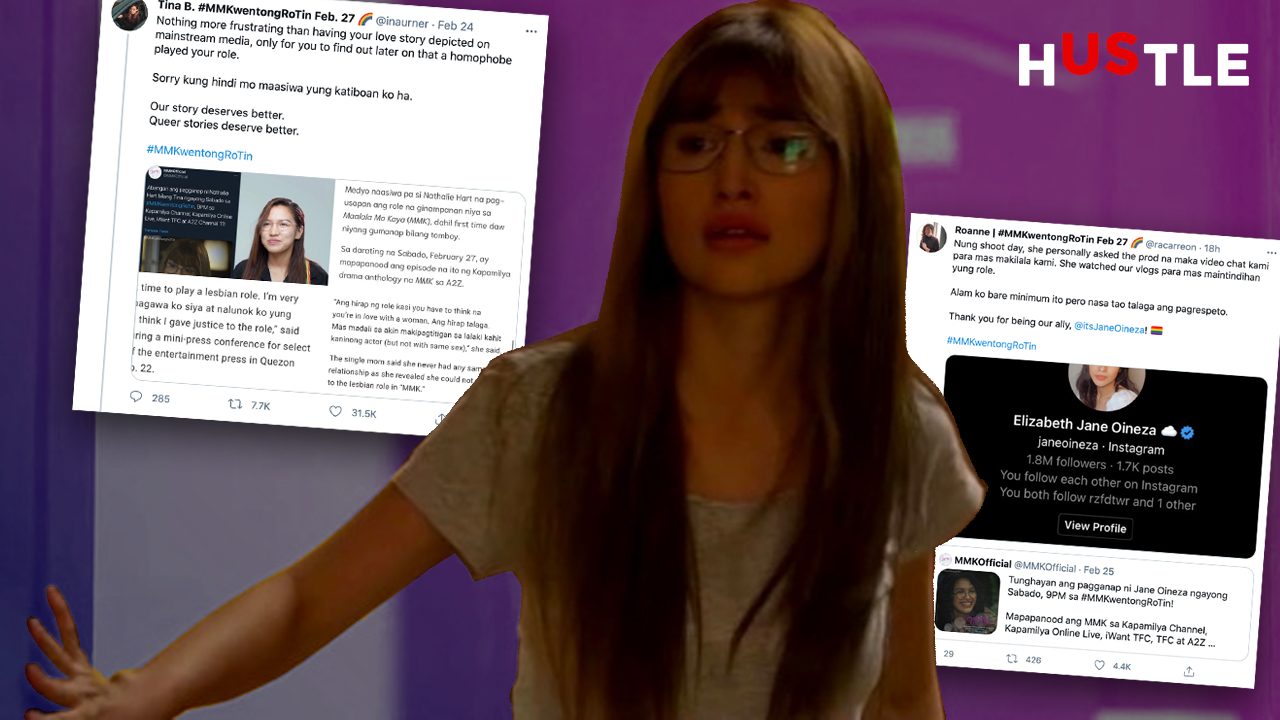
To the entertainment industry,
On Wednesday evening, I saw a pair of tweets: one from Tina Boado and another from Roanne Carreon. Their love story made it to Maalala Mo Kaya – a long-running, well-loved evening program narrating the plight of the everyday Filipino. Tackling Tina and Roanne’s story was a landmark for normalizing queer narratives, especially involving a same-sex relationship between two women.
Their dream, however, rapidly devolved into a nightmare – as the star of the episode, Nathalie Hart, expressed her discomfort at playing a lesbian character. In the process of narrating that she was unable to find ease in the same-sex scenes, she (maybe unknowingly) expressed homophobic remarks that countered the same goals of the episode.
Seething, I, an openly gay actor myself, took to Twitter to express my own unfiltered rage. We’ve been long tired of these battles resulting from a lack of queer representation in film and TV. Several of my friends have experienced training for years in the craft, only for doors to be shut in their face because of their sexual orientation, gender identity, and expression (SOGIE).
This wasn’t unique to the Philippines. In 2013, the SAG-AFTRA showed that there are hiring biases for LGBT+ performers. This is mostly due to decreased marketability, homophobic sentiments, and a severe lack of roles for LGBT+ performers. This inhibits LGBT+ performers from disclosing their sexuality.
A global truth, this has only gotten marginally better since then.
The reality of the situation is that to be a queer actor in the Philippines is to operate within an environment thriving on internalized homophobia. People give you jobs while openly telling you to suppress your queerness and silence your advocacies, only bothering to celebrate your queerness so far as it leads to function, friendship, and finances.
While there was support for this statement, I was subsequently called untalented by people behind anonymous accounts (Note: How hypocritical?). They argued that workshops were not a guarantee of talent, telling me the same thing my inner saboteur does: “Maybe you’re just not good enough.”
Pushing past these initial feelings of offense, it was true: workshops do not guarantee excellence. I pushed aside these judgments made by strangers on the interweb, who knew nothing about my performance history or acclaims because it was more important to highlight what these implicitly say: since you’re not in the “mainstream,” you must not be “talented enough.”
Herein lies the problem.
Dozens of Filipino actors get into the entertainment industry without being initially good at their craft (and without being transparent with their politics). They enter the machine ready to be celebrities, not artists — with nice smiles and clear skin, without a clue about who they are as artists. They’re lauded for their “potential” but learn to be talented somewhere along the way.
They’re put into acting workshops, dance classes, and singing lessons to get them ready for their variety show performances. It doesn’t matter how good the turnout becomes because people have decided before they’ve even proven it that they’re worth the investment.
The luxury of talent development does not seem to be available to members of the LGBTQIA+ community. It seems that queer actors (and artists, in general) have to be all these things before they enter the system; the barrier to entry is inhibited intrinsically by our SOGIE. But not only do we need to be multitalented, but we also need to be advocates of the queer community who are willing to navigate the patriarchal system, no matter how badly it harms us.
Why is it that I have to prove to the world that I am talented, but my straight counterparts don’t?
We must face that we don’t hold cis-het actors against these same unrealistic standards. They are endlessly forgivable, and this extends even outside of acting as a discipline. We forget that actors are only the face, and there are countless other body parts in the entertainment industry at play.
Cis-het directors are given a chance to direct gay films before gay actors ever get to star in them. Producers say something sexist? We’re told that it’s “just their humor.” Casting directors tell talents to make their movements “more masculine,” even if this is not included in the character descriptions. These habits (more like microaggressions) become crystallized in structures devoid of accountability exactly because no one questions them or even dares to put them into writing.
When these missteps become publicized, I’ve observed (through a very unscientific manner) that this is what happens:
- Social media uproar where everything becomes a discussion point and all prior incompetencies and histories are unearthed. Momentarily.
- A day or two where PR directs the attention towards the project and the public is consumed by emotionality.
- A half-hearted apology is issued by the people involved via a Notes app screenshot posted on Twitter or Instagram.
- An online stalemate between those fueled by emotionality and those who argue for forgiveness leaves many of the arguments as loose ends.
- The next thing happens, and people become mad about that.
- Optional: Repeat the same things but now just in private.
The industry seems to thrive on this incompetence and is blind to its faults because this incompetence generates free press and public attention. I would have never found out that an MMK episode like this was airing without this drama, further reinforcing that chismis is, and will forever be, currency.
The missteps are clearly symptomatic of larger structural problems. Still, we only are left to engage in misleading witch hunts of actors without addressing the issues themselves: Could there not have been SOGIE education sessions prior to taping and press? Why was Nathalie Hart chosen if she had been unwilling to act in these scenes in the first place? Why did they not cast a lesbian actor who would be more than willing and competent enough to tell the story?
This isn’t to say that there aren’t great works that are made by cis-het individuals. Ang Lee’s Brokeback Mountain, Todd Haynes’ Carol, and Wong Kar-wai’s Happy Together are few foreign examples that show that allies can craft beautiful, complex, and sensitive stories. But the reality is these demand research and empathy — the two things that the Philippine entertainment industry seems unwilling to invest in.
In a subsequent post, Roanne Carreon lauded Jane Oineza, her onscreen counterpart, for making efforts to get to know them — either through watching their vlogs or by scheduling video calls with them. There was respect and effort in embodying them and the struggles they had to go through to be comfortable and open with their love.
This is any actor’s due diligence: to do the research and to examine how we can extend empathy through art. But it seems that this diligence isn’t shared by many. We cannot rely on the charity and the goodness of the few to make TV and films better, especially with stories borrowed from misfits like those who belong in the LGBTQ+ community.
I am often told as a gay actor: “darating rin ang panahon mo” or “improve your talents first.” But as I grow older, I realize that these are myths and excuses told by an industry to continue milking the same faces and telling the same narratives through the same systems.
When we reduce media as a product or as content, we reinforce the capitalism that sets to exclude these narratives and these storytellers from the fore; everything outside of the tried and tested, whether it’s a queer actor or a queer narrative, will seem like an unnecessary risk. Those aren’t worth the money.
Many of these discussions have been aimed at the LGBTQIA+ community to provide queer artists with comfort. But the reality is that we need to engage in these difficult discussions. This can only happen if we address these directly to the cisgender heterosexual men and women within the entertainment industry.
They’re the ones with the power to change the system and to change not only what stories are greenlit but also who gets to tell these stories and how. We ask that cis-het allies – real ones who won’t commodify or tokenize us, ones who see value in our existence and in our stories outside of awards-season fodder – stand up with us in this call.
Media is an ideological state apparatus. It’s time we use it for good.
Thank you, and I hope to hear from you soon.
In waiting,
Young queer actors everywhere
– Rappler.com
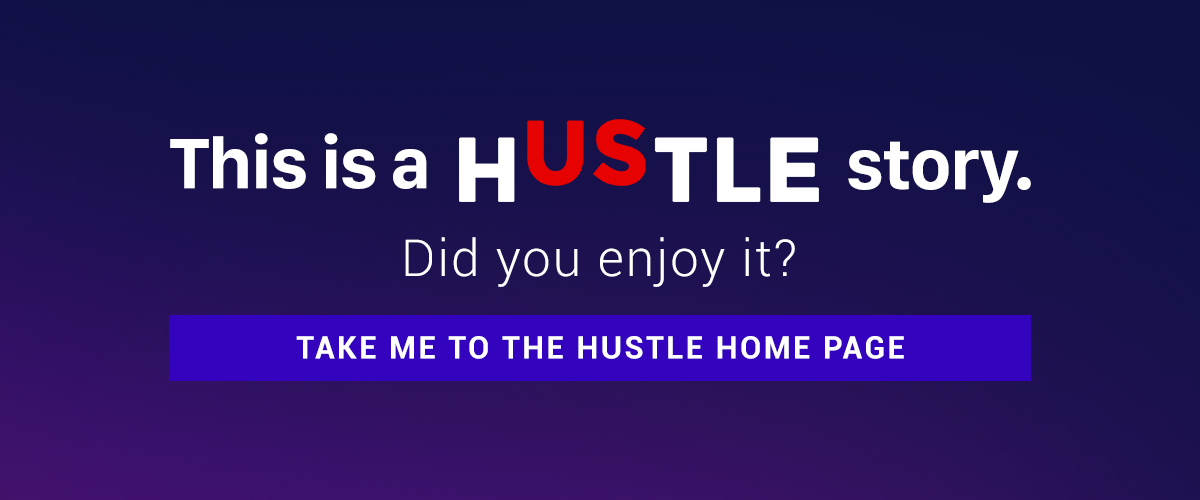
Add a comment
How does this make you feel?
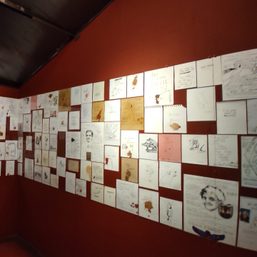
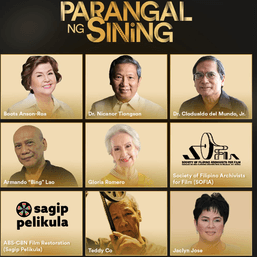
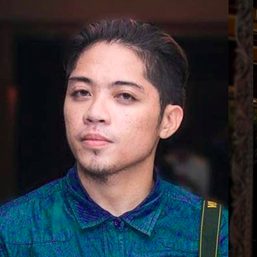
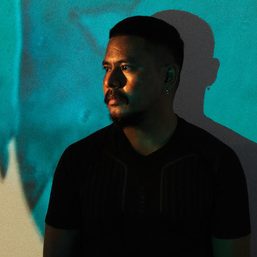
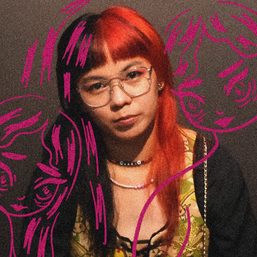
There are no comments yet. Add your comment to start the conversation.